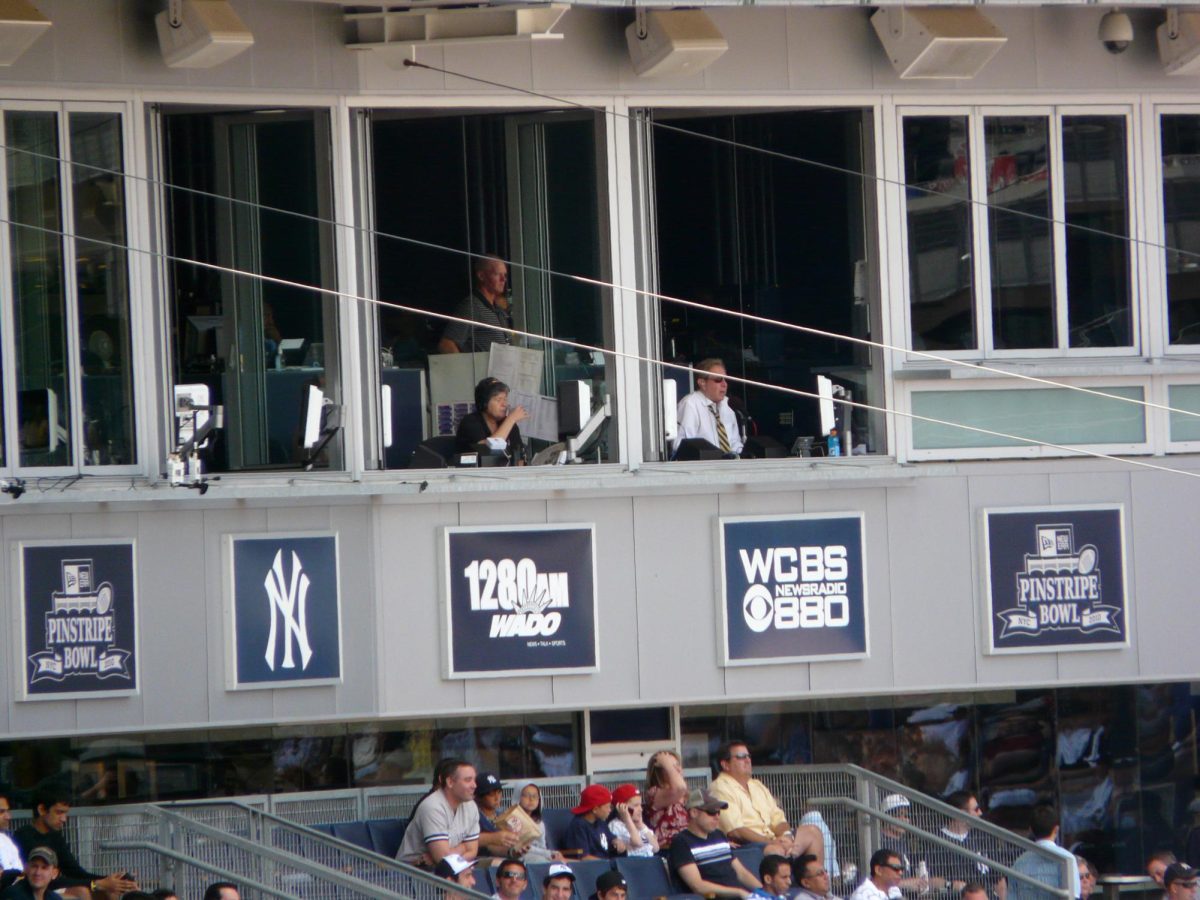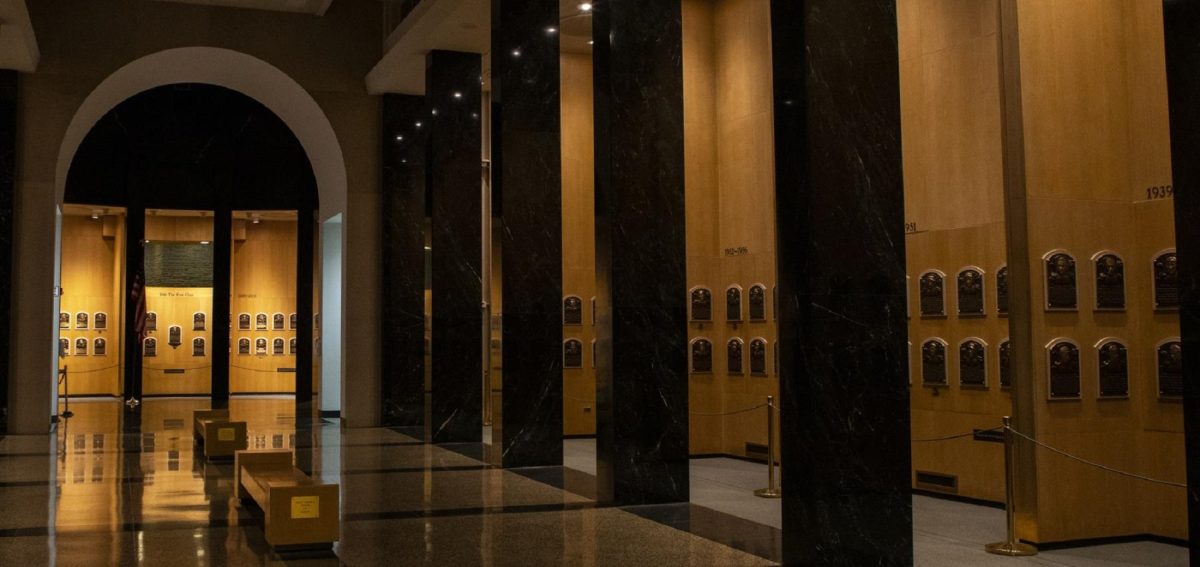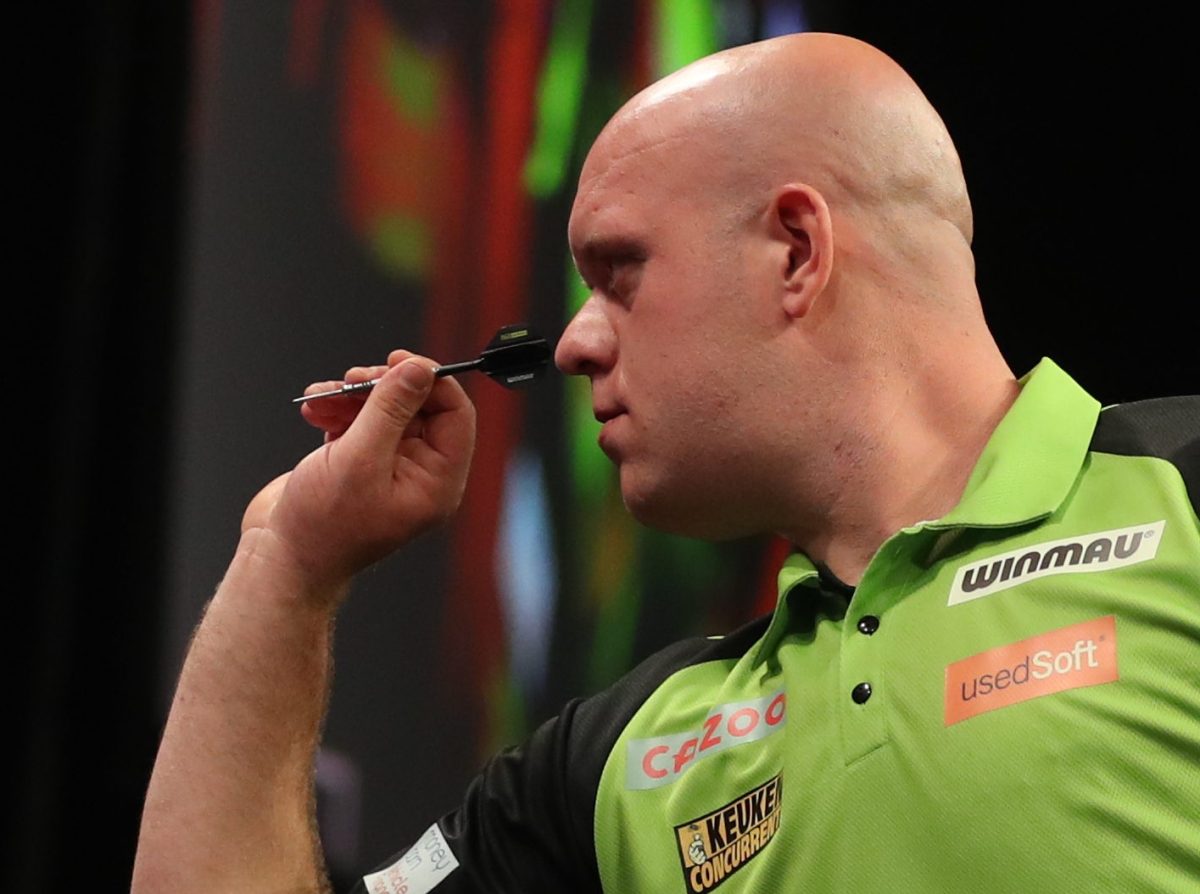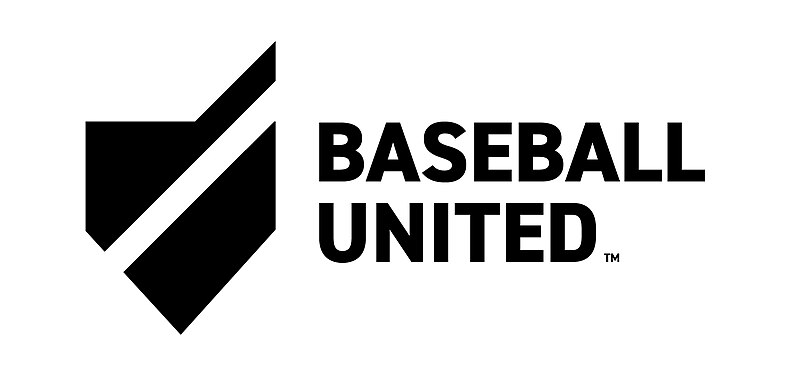At 11 p.m. GMT on Jan. 31, agents and teams scrambled to reach last-minute deals as a momentous winter transfer window for European football came to a close.
English Premier League teams spent a combined $1 billion in a typically difficult time to conduct business in the middle of the season. Chelsea alone spent more than the other top four European leagues — the Italian Serie A, Spanish La Liga, German Bundesliga and French Ligue 1 — combined. Their spending spree included two $100 million deals, one of which shattered the British transfer record.
In many ways, the signing of the young Argentine Enzo Fernández, named Best Young Player of last year’s World Cup, typifies the exorbitant nature of Chelsea and the Premier League’s recent spending. Only half a season after arriving at Benfica from River Plate, Fernández was sold for $132 million, roughly 10 times the price tag for last summer. It was the latest in a long line of expensive Chelsea signings fueled by ambitious and deep-pocketed new owners, totaling 16 new players since May 2022 for a combined $750 million.
This spending has been met with much speculation by soccer professionals and fans alike, ranging from confusion as to how this could be legal to outrage, particularly from European football executives. The most notable of these protests came from president of La Liga Javier Tebas, who labeled the British market as “doped” and the amount spent by its clubs as “barbaric.”
The Premier League’s unique combination of extremely lucrative TV deals and wealthy owners who often prioritize on-pitch success over turning a profit, coupled with a lack of intervention from European football’s governing body, the Union of European Football Associations (UEFA), has led to this unabated increase in spending.
However, their exorbitant spending is very much legal, as long as they are able to prove they spend what they have earned. The Premier League recently charged reigning champions Manchester City with more than 100 breaches of Financial Fair Play rules from 2009 to 2018, questioning the legitimacy of their sponsorship deals, unofficial increases to managers’ salaries, complexities regarding licensing for playing in European competitions and the club’s failure to cooperate with their investigation.

Other European leagues have self-imposed sanctions and rules to prevent uninhibited spending on players, such as La Liga’s salary cap and Germany’s 50 + 1 ownership rule, which prohibits commercial investors from owning more than a 49% stake of a Bundesliga club. Non-English leagues are also less popular worldwide than the Premier League, which translates into less lucrative sponsorship deals and an inability to match the transfer spending of their English counterparts.
As spending by Premier League clubs continues to inflate the market, European giants face the impossible decision of trying to keep up with ever-increasing price tags, risking financial ruin like Barcelona or disgrace like Juventus and realizing that they have been priced out of the top talent.
Tebas described the spending as “dangerous,” as it “can jeopardise the sustainability of European football.” He may well have a point.
Ironically, this spending spike could actually end up devaluing many positions in soccer. The art of a scout uncovering a hidden gem in a far-off corner seems futile when a club has the ability to splash cash at the most obvious prospect. The art of a world-class technical director in creating a squad greater than the sum of its parts becomes unnecessary. The strategy of having a top-class academy to provide a constant flow of talent becomes too time-consuming and risky. These changes could risk eroding the very reasons fans fell in love with their team in the first place.
The number of clubs in the Premier League who have this luxury is ever-growing. Six of the top 10 teams on the Deloitte Football Money List are Premier League clubs, as are over half of the remaining teams that form the top 30. The list sees the likes of a struggling West Ham above Italian giant AC Milan.
Perhaps the most poignant confirmation of Tebas’ concerns was when Bournemouth, a Premier League team battling relegation, prepared a far more attractive financial package than reigning Italian champions AC Milan to secure Roma’s Nicolò Zaniolo, a player they were both hoping to sign.
As talent accumulates in one league, there emerges a potential to create a self-perpetuating cycle of other leagues receiving less money and coverage and the quality of play and competitive value suffering for it. The Premier League is the best league in the world, but the European pacesetter is in jeopardy of breaking too far away from the pack, and it is not showing any signs of slowing down.
Jack Lonergan is a sophomore in the College of Arts & Sciences. Why it was Special appears online and in print every three weeks.














